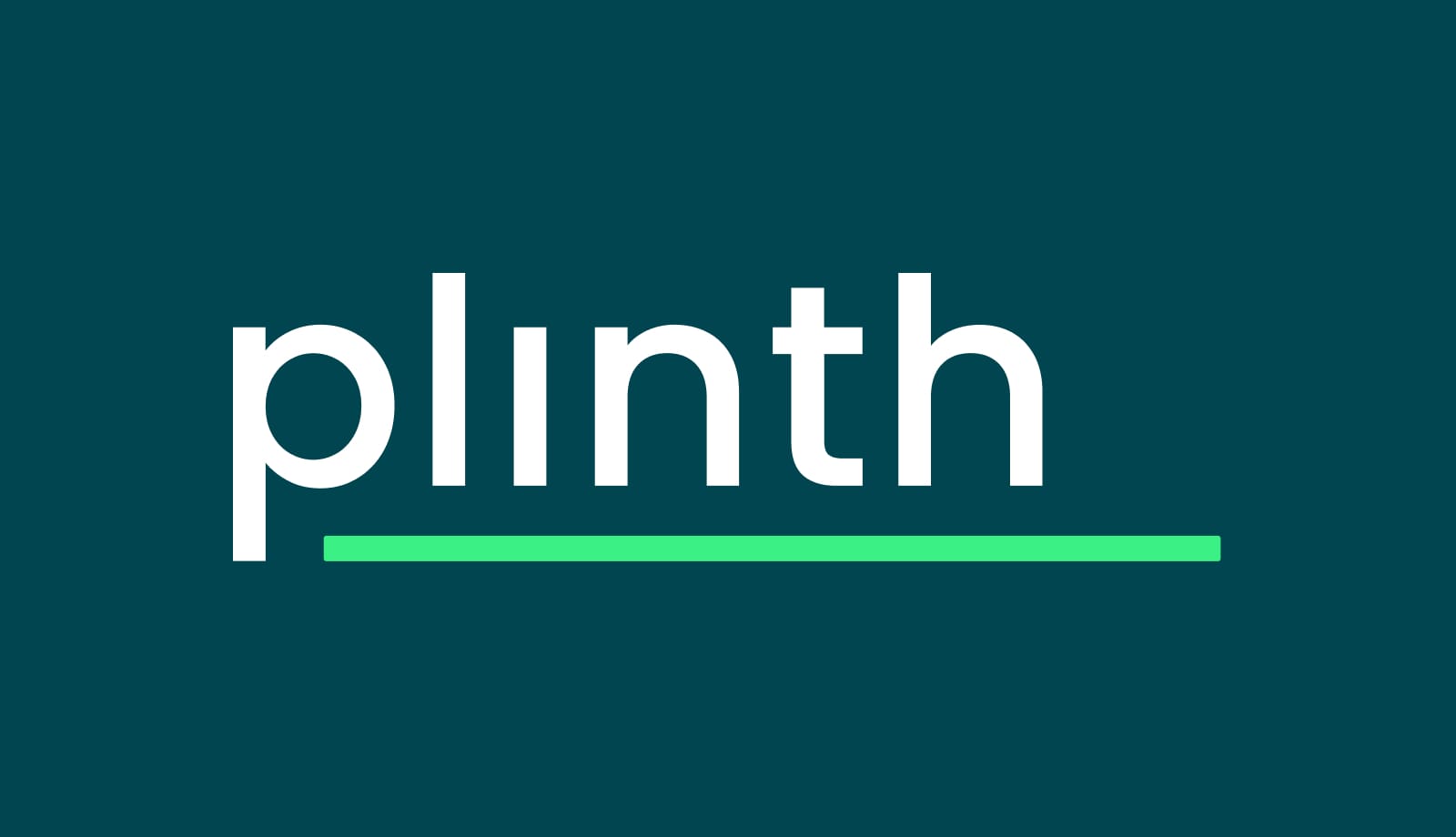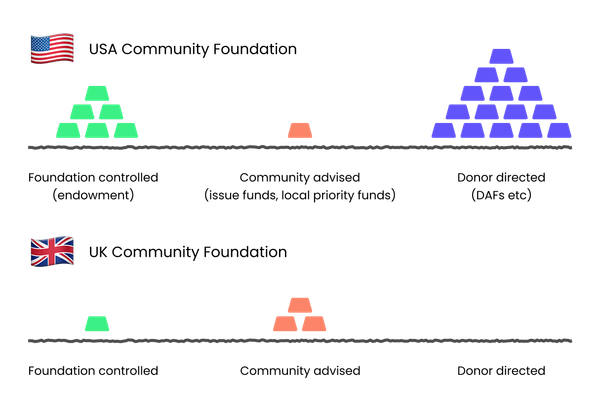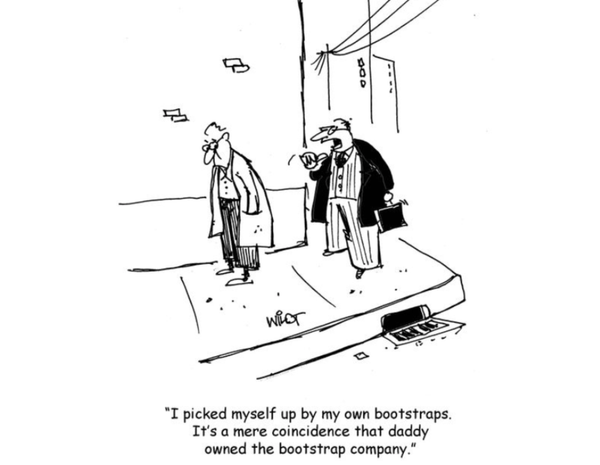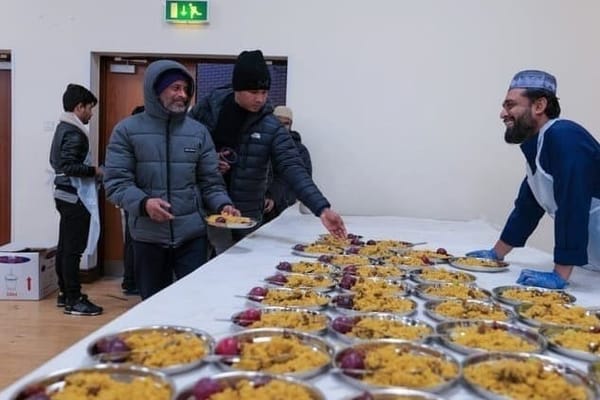Danny Kruger’s 'Levelling up our communities' report is good. Here’s how we'd implement it.
Danny Kruger’s report on levelling up communities is a sensible blueprint. We've got some implementation suggestions.

Danny Kruger’s report on levelling up communities, particularly the sections on better data and measurement of the sector, is a sensible blueprint for improving social infrastructure across the country.
However, it’s one thing to project a sensible vision for the future, quite another thing to build it. At Plinth, we have been building exactly this kind of software infrastructure for the voluntary sector for the past 2 years. So we wanted to give our own interpretation on what needs to be done, and what needs to be solved before it can happen.
Don’t focus on the money.
Keeping track of the money is the easy, and least valuable part. Charities have limited time and resources, if you’re going to require more reporting to add to the 15.8 million hours already done annually, focus it on what they’re doing, not what they’re spending.
Any community group delivering services should collect “bums on seats” data - who is benefiting, where do they come from and what are they doing. For big grants, this should be combined with a small number of consistently collected outcomes e.g. “started employment”, “achieved XYZ qualification” or something like GAD/PHQ scores. Smaller grants or contracts shouldn’t require this data, otherwise the cost is often greater than the value of money received.
Specifically, groups should collect postcodes so that outcomes and interactions can be mapped onto publicly available data. Where possible and sensible, local and central government agencies should ask to map the individual beneficiaries to their existing databases for their statutory services.
Make it easy for charities
Each funder, from private foundations to Government, has to make a political decision about how much data to ask charities to provide in return for their money. Ask for more information and you can better measure your effectiveness, but the time it takes to collect actually reduces your impact. Will likes to call this “Schrodinger’s Impact”. Alternatively, you can refuse to collect any information, give charities more time to actually deliver services, but then you’ll never find out what worked and what didn’t, and you can never improve.
At its best, technology solves these kinds of tradeoffs. For example, in ancient times, it was almost impossible to transport large amounts of food to cities, because you’d need to feed the horses that pulled wagons so much that they’d eat most of what you carried. The very act of transporting food destroyed it. Ancient Rome solved this tradeoff by sailing most of its food all the way from Egypt, using wind power instead of hungry horse power. The same problem is so clearly solved by “modern” technology in the form of railways and freight transport that we don’t even think about it.
To solve the tradeoff between collecting information and destroying impact, we need better technology that’s built specifically for charities to use. The technology can’t just be a reporting tool. That will add more work to already time-poor charity staff and volunteers. The technology itself should save the organisation time in their day-to-day work. That’s more than possible. Most physical centres already have to collect fire safety registers - why don’t they double as reporting data? Most online work is managed by tickets/sign ups (or should be), why can’t you use that ticketing data directly for monitoring? With new Covid regulations, details need to be collected for track and trace, charities should add the option to use these for reporting too.
If the tool is embedded in daily operation, working as a combination of a CRM, a case management tool and a reporting platform, by default the data will be live-updating and accurate.
Don’t get hung up on the phrase “volunteer passport”
A “volunteer passport” is a meme that’s been around for a number of years, but it can be misleading. From our experience managing a pool of emergency volunteers in Camden and from elsewhere, by itself a simple identity document is not enough to match up supply and demand for volunteers.
Volunteers’ skills and interests are highly varied and often can’t be helpfully standardised. More than a standard form of identification and background checking, what’s needed is a set of “deep platforms”. These platforms should combine training materials, matching, expenses with vetting. In times of emergency, coordinating volunteers and working out exactly where they are needed (even within an organisation) is a larger bottleneck than finding willing volunteers. A “deep platform” should provide software for charities to help with this, for example directly matching befriending volunteers to beneficiaries or automatically creating adverts for activity-specific roles based on calendar/website details.
In corporate recruitment there is a simple business model for these emerging deep platforms. That doesn’t exist in the voluntary sector, but the platforms are no less needed. They should be funded directly by Local Authorities, managed by Volunteer Centres/CVSs, but built by dedicated independent software companies and bought on a SaaS basis so that the platforms keep improving.
If the NHS or Government need access to these platforms, it should be done on the voluntary sector’s terms. Only 17% of volunteers have worked with the public sector. As the report points out, the remaining vast majority should not be treated as a “resource to be tapped” for free labour in Government departments. The social value of volunteering, in terms of the community benefits, should be enough to justify this expenditure on platforms, especially if these platforms better demonstrate this value through better reporting and data collection.
Don’t ask for charity in technology
“Big tech should be persuaded to provide, for free, the wiring of our social infrastructure. They could contribute expertise and resources to the challenges of data, referenced above; they could help with the digital innovations that are connecting volunteers and funders and charities,”
Asking big tech companies to build this technology isn’t going to work. For this to work across the country for charities with limited budgets, it does have to be free for them to use. However, the typical “free” products built by American tech companies rely on an advertising business model that would be highly inappropriate in this sector.
The other “free” products are CSR projects without real corporate backing. They won’t be given the time and mind-share of senior executives required to make a system that genuinely works for charities and collects the kind of data on the sector that’s needed. No doubt in a matter of years they will be abandoned.
Don’t ignore the business models that do exist
There is a business model for this kind of data project. Most funders pay for some kind of grant management system. Most local authorities pay for databases to track their statutory services. None of these systems are particularly well liked. There’s clearly space for some improvement and evidence that people are willing to pay on an ongoing basis for software tools to collect this data.
This kind of sustainable business model, free software for charities and paid-for insights for funders, would mean the technology could be continually developed in the UK without requiring favours from California. It could make sure the user experience for community groups continues to improve, and could develop more interesting and useful ways of analysing the data. It also doesn’t necessarily contradict the idea of developing open standards. Even proprietary technology can still “print out” in an open format. It would however mean that new ideas can be tested more quickly.
Give us a call
If this all sounds like wishful thinking, we’re already doing this in 4 London boroughs and we’re growing rapidly.
We really liked most of this report. Some of its phrases could have been lifted directly from our website. But if you're reading Danny, when you're looking for how best to implement it, Plinth has the crucial benefit of actually existing.
Contact us on data@plinth.org.uk, or you know, just watch this space.





